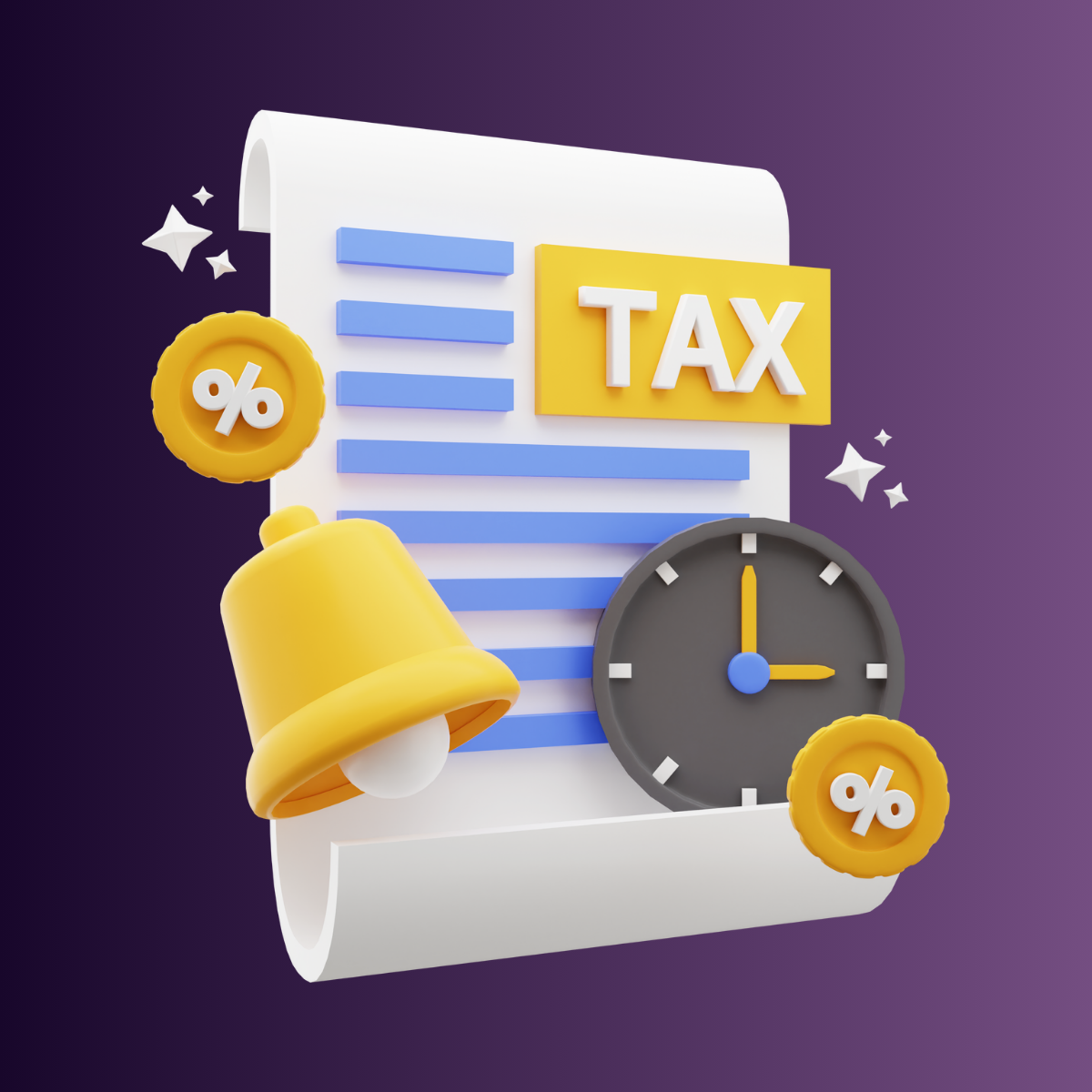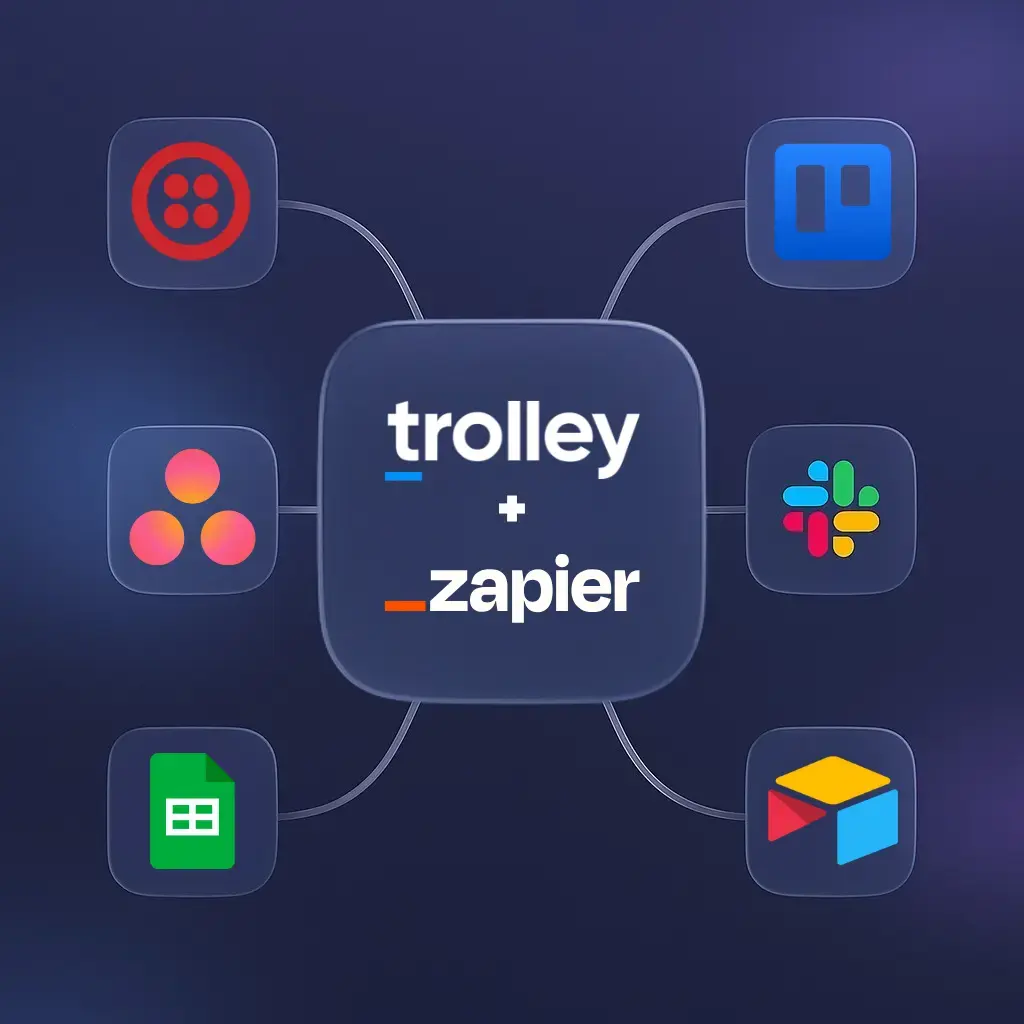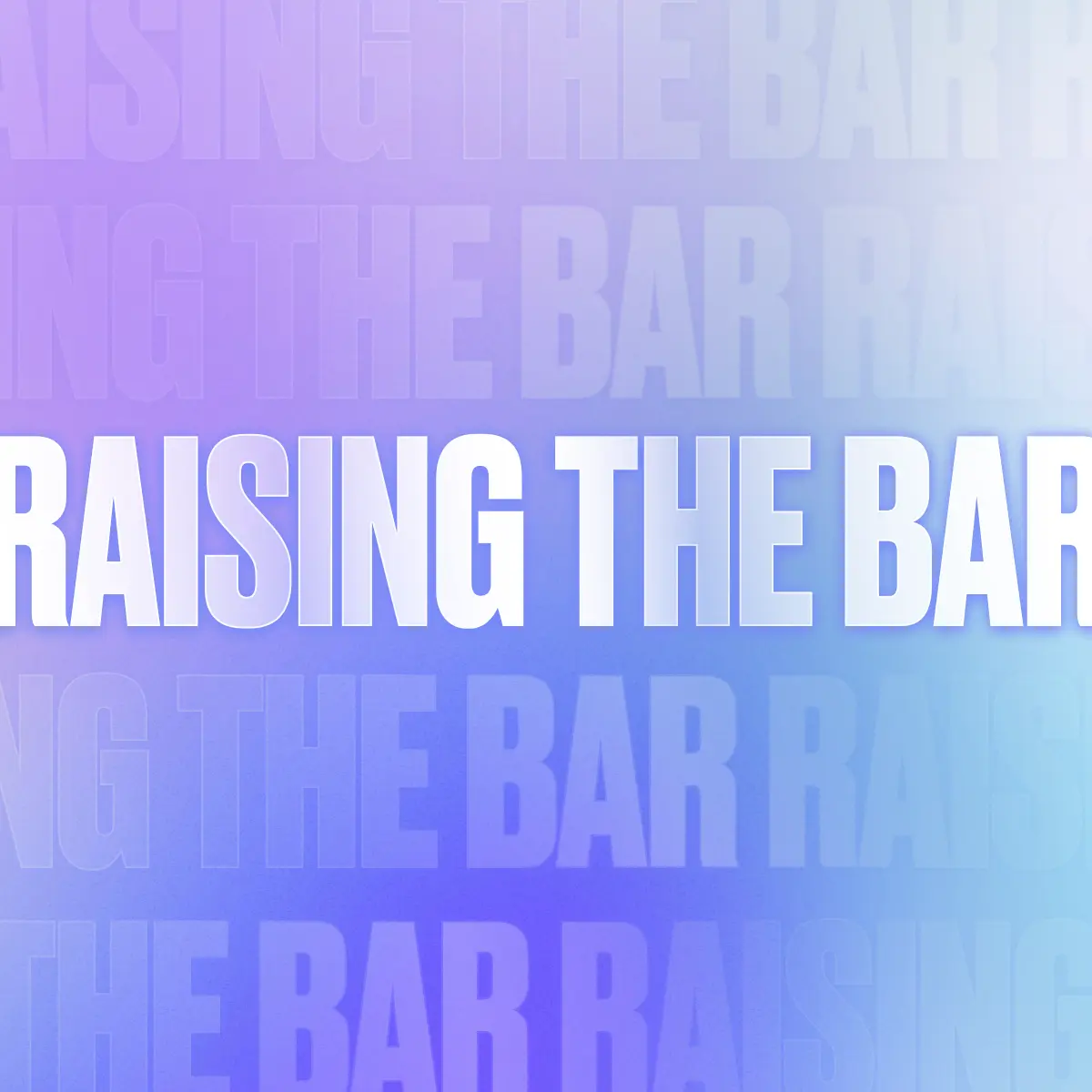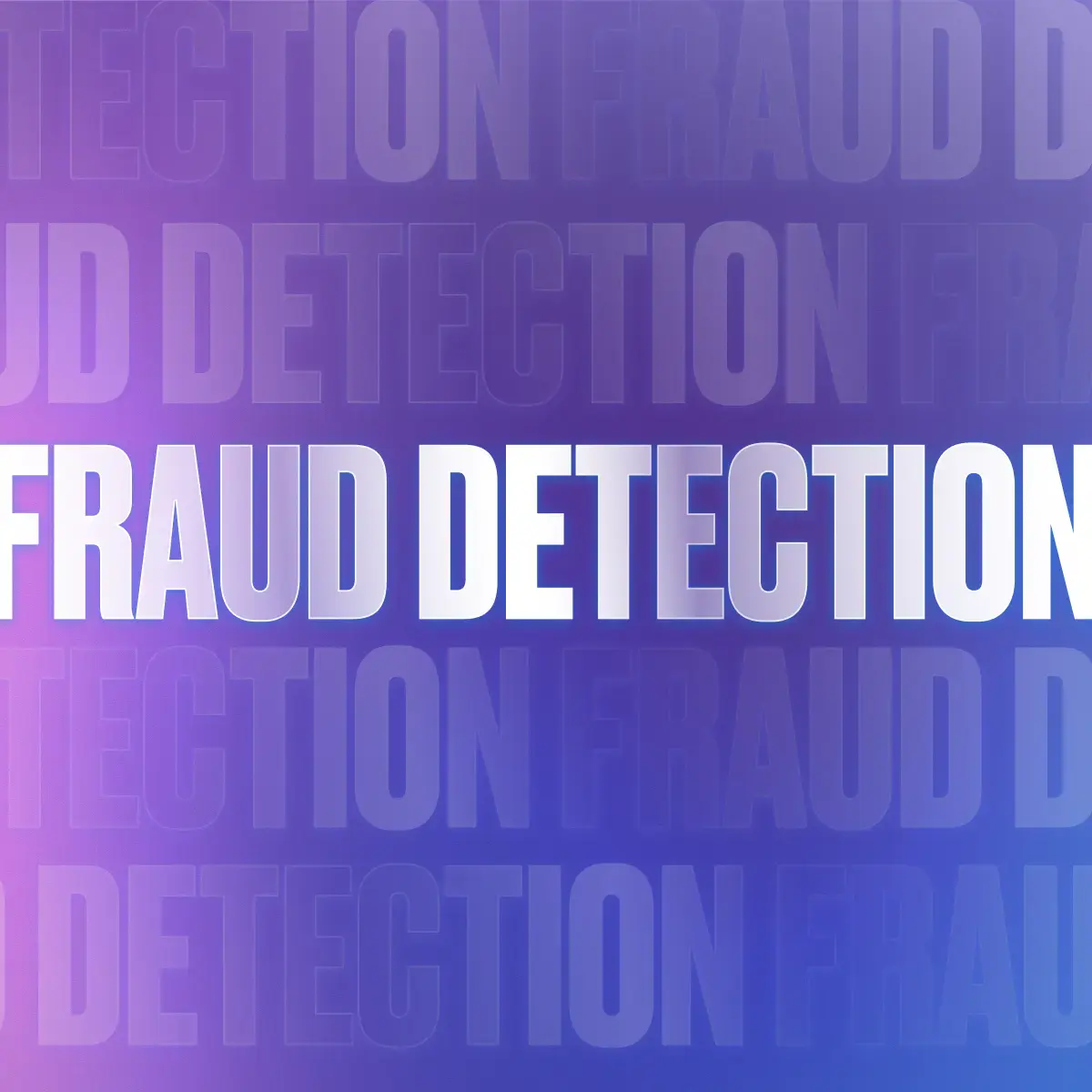11/22/2023 update: The IRS has announced another delay of its Form 1099-K threshold changes. For calendar year 2023, with reporting due in January 2024, the reporting threshold for TPSOs remains at $20,000 in gross amount of aggregate payments and 200 transactions.
The IRS plans to propose a $5,000 reporting threshold for the following year, with the aim of eventually working towards the $600 threshold. This change does not affect state reporting thresholds—many of which are already $600.
Looking for a quick hit of everything you need to know about tax compliance? Hear about the current state of global tax regulations and where they’re going—directly from our leaders and subject matter experts.
This volume was taken from an interview with Myles Foster, Trolley’s Product Manager responsible for our Tax product.
Global tax compliance can be a beast to scale. But like any challenge, you need to face it with a single action. Where’s a good place for a growing company to start?
In my experience, I’ve seen companies take a multi-pronged approach to solving this problem. While one may lean towards handing it to finance (as tax is usually their thing) as a technical problem to be solved, it can also be a product-driven initiative that involves many stakeholders.
If you go that way, don’t shut finance out of the conversation—in 99.9% of all cases their input is still key because at the end of the day, tax is usually within their wheelhouse.
What we cover
Start with curiosity toward processes
Firstly, you’ll want to ask your finance team some questions to help understand the problem needing to be solved. They work in this area, and they’re feeling the pain of an underwhelming process/tech stack. They’re one type of end user, managing the tooling and living in systems on a daily basis.
So ask them:
- How are you currently managing tax compliance?
- Are you happy with your current workflows?
- Where is the process working?
- Where are you noticing gaps in the process?
- Is there anything that we should be doing that we aren’t?
This is key to understanding your compliance gaps, and it might be helpful to bring in an external consultant here.
Think about the other end user: the recipient
You’ll also want to understand the end user experience (both inside and outside your company).
The best way to understand what the ideal experience looks like for both internal and external users is to *shocker* talk to them! This will ensure that you’re meeting the needs of everyone involved.
You’ll need to ask your end users how painful and clunky they find the tax info gathering process.
Because it can be such a challenge to collect accurate tax data and report it to an appropriate tax authority, having this question answered will help you make improvements and spend your money efficiently, especially as you scale.
Lastly, if you’re evaluating your needs, you should look at what’s currently built and what might need to be built in order to get to a state of “full compliance” AFTER those convos happen. If you don’t have anything built, you may consider partnering with an external vendor—which then opens up the debate around the pros and cons of building vs buying a tool.
Build vs Buy
When it comes to indirect tax and tax compliance challenges, this is an area I think is super interesting! Do you build a tool to solve this or do you buy one “off the shelf”?
To me, that conversation really centers on understanding the opportunity costs.
What is “opportunity cost”?
Your company has limited resources, and let’s face it: tax compliance typically isn’t a “value add” for your customers or users – it’s an obligation to stay in compliance, and leads to potential fines if you don’t. And all this costs time and money.
So, if you are going to invest internal resources in getting compliance in order, the question becomes:
“If I assign this to my engineers and developers, what will they not be able to build in that same time?”
That’s the biggest consideration, and ultimately most companies realize that an engineer’s time is better spent building value-add, revenue-generating features vs a tax-compliance engine.
It’s more cost-effective to work with a vendor to solve tax problems.
Beyond providing you a tool that you can start with today vs a long development cycle, that company also takes on the role of tax expert and maintains their solution as more regulations are implemented!
Beyond picking a tool, what’s next for compliance?
I am often asked about the tax compliance topics that businesses need to be aware of (especially those who pay creators, freelancers, and contractors). Here are the broad issues that have been on my mind lately:
New tax regulations stemming from OECD guidelines
Did you know that DAC7 regulations actually came from guidelines proposed by the OECD? They’re called the OECD’s Model Rules for Reporting by Platform Operators with respect to Sellers in the Sharing and Gig Economy.
The last few years have seen a huge shift in the online economy as more and more people have turned to gig work and online selling. This has left a significant portion of income unreported to income tax authorities and to combat this, the (OECD) developed this set of model rules on how countries should handle these online earnings questions. The first real test of this is in the 2023 implementation of DAC7, the EU’s version of the OECD guidance.
At Trolley we’ve been talking a lot about DAC7 & the EU because they’re the first to implement them, but in years to come, more countries will be rolling out their versions of these rules.
Next up is the UK and very soon after that, Canada. Don’t expect the topic to go away, because this tax compliance and tax transparency conversation is just starting.
Form 1099-K threshold changes
11/22/2023 update: As noted above, the IRS has announced another delay of its Form 1099-K threshold changes. For calendar year 2023, with reporting due in January 2024, the reporting threshold for TPSOs remains at $20,000 in gross amount of aggregate payments and 200 transactions.
Changes to the 1099-K threshold were supposed to happen last year. Then they didn’t. Now they’re delayed again (into 2024 and beyond).
No, they didn’t disappear; they just got pushed back, so with only a few months until the end of the year, there is no time like the present to reacquaint yourself with what’s changing here.
A quick recap on 1099-K: The reporting threshold will eventually move to $600 from $20,000, and there’s no minimum number of transactions, so essentially we’re going from almost no one having to be reported via 1099-K to almost everyone. It is more nuanced than that, but if you’re an online marketplace and you’re based in the US, this is a big one to pay attention to.
1099 forms are going mostly paperless
If you send more than nine 1099 forms in a year, you now need to get ready to e-file. No exceptions…
US businesses used to be able to file paper versions of 1099 forms if they were producing less than 250 of them. The IRS has really dropped that threshold down to 10.
This is a massive change for many businesses, and no matter the reason they still worked on paper, that’s no longer an option and something they’ll need to consider.
Want to keep the conversation going?
By the way, I’m always happy to chat about all things tax, tech and internet economy. Reach out to me on LinkedIn!
You can also reach out to our team for more info on how Trolley’s Tax solution can help you solve your payouts problems (and stay tuned for more insights from our other internal experts coming soon!)







